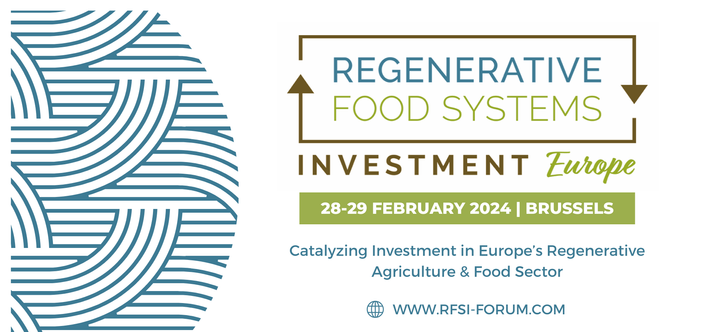Just Climate Investing: Pathways to Sustainable Value Creation

Proof hosted the second part in the clean energy webinar series to provide businesses and investors with practical guidance on holistically measuring both the social and environmental impact of clean energy investments through the lens of achieving both impact and financial returns. In the first webinar, we highlighted the importance of a bottom-up approach to Measuring the Total Impact of Clean Energy Investments.
Moderated by Laurie Spengler (Courageous Capital), Elizabeth Littlefield (Albright Stonesbridge Group), and Laura di Bonaventura (MUUS Asset Management) discussed the different action-oriented pathways that can be taken towards a more inclusive, sustainable future for all. Tune in to the conversation here (pwd: S1g9Uq=y).
Informed by their collective years of experience in the public and private sector, our speakers shared their views of the changes required in the market to promote a sustainable future. Here a f few takeaways from the session:
“ESG is really about risk prevention and protecting investments. As important as that is, if we want to positively contribute to net zero, we have to shift our focus to more intentional, purposeful investments that seek to have social, environmental, and financial impact.” Elizabeth noted that this is no longer “Aid vs. Finance” or “Impact vs. Financial Return,” as we can accomplish more at the same time. She added that the concept of “blended finance”, the idea of moving capital towards projects that contribute to a sustainable future while still providing financial returns, is more commonly accepted now. Over the past couple of years, she’s seen investments that meet social, climate, and financial goals which is the essence of the Just Climate Investing. Laurie added that investors need to put capital on a solution-driven approach to affect change as opposed to a risk prevention approach where it might be too late to affect change.
“In the early stage VC world, just a torrent of capital being directed towards this sector. in 2021, we saw 50% more deal in the first half than last year, and most of them are in mobility, food, and water. Folks are focusing in areas that make sense to accomplish the broader goals” Laura touched on how “CleanTech” is not just a label but a theme. They are looking for investments that can scale the fastest with the least resistance to achieve climate and social objectives. She added that we need to invest in disruptive technology because technology is the enabler that can create exciting developments.
“There’s some wishful thinking sometimes that we are going to invent our way out of this. Our view is, no we’re not. A lot of what needs to doing is do what we know how to do, better.. and slightly differently.” Laura spoke to how technology can be used to create innovation in current processes to build better efficiencies; not inventing a new solution but rather improve the existing processes to achieve climate, social, and financial goals.
“Bridging the culture gap between public and private sector is needed to create a solution” Elizabeth elaborated that to create a long lasting solution, private investors should be open to thinking about a partnership with other kinds of players in the market to de-risk their project and get over the cultural barriers to create lasting impact.
The speakers emphasized that investors and entrepreneurs should not scrutinize every single opportunity to have all the dimensions they are looking for. Instead, they should use a blended approach to find the different pathways to sustainable value creation. If stakeholders are willing to push beyond their cultural and default behavior comfort zone, the opportunity to achieve impact and financial goals is vast.
In conclusion, each speaker agreed that a top-down solution will only get the conversation started, but if the goal is to create pathways to a more sustainable future, there needs to be a focus on a data-driven, bottoms up approach. This will allow investors and entrepreneurs to measure what they are doing right now and improve on current processes based on data as evidence.
About Proof
Proof aims to lead the next evolution of business intelligence through verified ESG & Impact Data. Every company is unique. Your ESG priorities should be unique too. Learn how your company can leverage solutions for digital ESG and impact management.
Reach out to the team via our website.

